detail profile ren c3 a9e devillers
Peran Yang Di Mainkan Renée Devillers
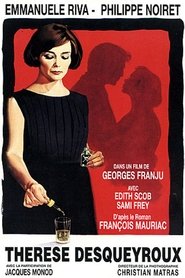 Thrse is living in a provincial...
Thrse is living in a provincial...Therese 1962
Thérèse is living in a provincial town, unhappily married to Bernard, a dull, pompous man whose only interest is preserving his family name and property. They live in an isolated country mansion surrounded by servants. Early in her marriage her only comforts are her fondness for Bernard's pine-tree forest, which was her primary reason for marrying him, and her love for her sister-in-law and Bernard's half-sister, Anne. The movie recounts in flashback the circumstances that led to her being charged with poisoning her husband.
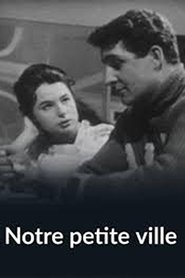 When Grovers Corner a small uneventful...
When Grovers Corner a small uneventful...Notre petite ville 1959
When Grover's Corner, a small, uneventful American town, becomes a mirror to an entire society. This Pulitzer Prize-winning classic of American theater, adapted here for television, portrays the Gibbs and Webb families, captured in the immutability of their daily lives in the 20th century.
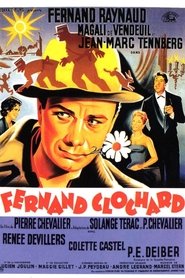 The tramp Fernand and his dog...
The tramp Fernand and his dog...Fernand the Tramp 1957
The tramp Fernand and his dog Brigadier discover some extraordinary jewels in a bag lost in a ditch. Brigadier, who doesn't like being mistaken for a dog, doesn't believe in the authenticity of the jewels. Then, discovering the owner, he introduces Fernand to the big wide world. Ghislaine Lafont-Dubreuilh, the daughter of the found jewels, sure of her fiancé, whom she neglects, is only concerned with the tramp's future. Her introduction to politics, boxing and wrestling leads to as many failures for the tramp as successes for Fernand Raynaud in his repertoire. Finally, the tramp becomes chaplinesque, restoring the fiancé to his belle's heart and taking only the English chambermaid on the road.
 Celestin works as an organist at...
Celestin works as an organist at...Mademoiselle Nitouche 1954
Celestin works as an organist at a girl's school. By day, Celestin is the meek and mild target of the girls' incessant practical jokes. By night, however, he is the celebrated composer of popular operas -- and the romantic vis-à-vis of a celebrated stage star. When schoolgirl Denise stumbles onto Celestin's secret, she threatens to tell all -- but only if Celestin refuses to escort her to the opening night of his latest opera. As a result, Denise falls in love with a handsome young soldier, while Celestin is accidentally shipped off to an army camp. A series of silly coincidences brings happiness to all concerned by fade-out time.
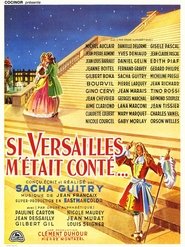 Witty narration follows the history of...
Witty narration follows the history of...Royal Affairs in Versailles 1954
Witty narration follows the history of Versailles Palace; founded by Louis XIII, enlarged by autocratic Louis XIV, whose personal affairs and amours, and those of his two successors, are followed in more detail to the start of the Revolution, after which the story is brought rapidly up to date. A huge cast plays mainly historical persons who appear briefly.
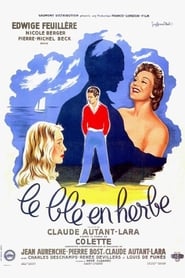 Friends since infancy two youngsters struggle...
Friends since infancy two youngsters struggle...The Game of Love 1954
Friends since infancy, two youngsters struggle as their platonic bond blossoms into romantic love with adolescence.
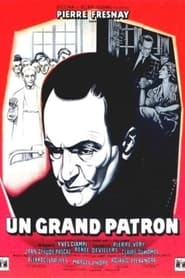 Professor Louis Delage is a kidney...
Professor Louis Delage is a kidney...Perfectionist 1951
Professor Louis Delage is a kidney transplant specialist. He is so good in his field that his peers nickname him the "great man". But one day, one of his patients die during surgery and Delage starts doubting. Is he actually such a great man? To fight desperation he decides to take in the deceased child while devoting more time to Florence, his hitherto neglected wife.
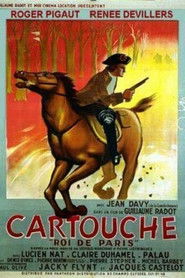 The romantic life of the head...
The romantic life of the head...Cartouche, King of Paris 1950
The romantic life of the head of a bandit gang, wanted by the police. Cartouche gets away with being deported to Louisiana after unmasking a plot by a Duke against the throne.
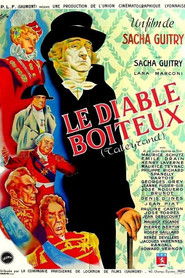 The film is a 125minute blackandwhite...
The film is a 125minute blackandwhite...The Devil Who Limped 1948
The film is a 125-minute, black-and-white biography of French priest and diplomat Charles Maurice de Talleyrand-Périgord (1754–1838), who served for 50 years under five different French regimes: the Absolute Monarchy, the Revolution, the Consulate, the Empire, and the Constitutional Monarchy. Its title comes from one of the main historical nicknames for Talleyrand, that he shares with demon king Asmodeus and English poet Lord Byron.
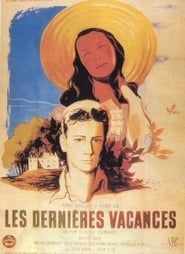 A schoolboy remembers his last holiday...
A schoolboy remembers his last holiday...The Last Vacation 1948
A schoolboy remembers his last holiday in the big house of his family in the country, before it was sold.
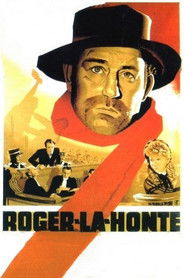 Roger Laroque an honest industrialist is...
Roger Laroque an honest industrialist is...Roger the Disgrace 1946
Roger Laroque, an honest industrialist, is the victim of a criminal machination by Julia de Noirville, his possessive and jealous mistress allied to the perfidious Paul Luversan, meant to make Roger take responsibility for the crime he himself committed. Laroque is sent to prison, from where he escapes by sea. When he is reported missing, it looks like he drowned. But he reappears with revenge as his objective. He also wants his daughter Suzanne back. For his wife, it's too late, she died of grief.
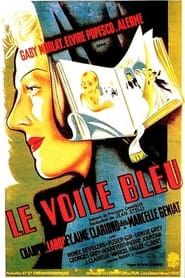 In 1914 in the first months of...
In 1914 in the first months of...The Blue Veil 1942
In 1914, in the first months of World War I, Louise Jarraud loses her husband, killed on the front. Shortly after, she gives birth to a baby, who soon dies. Devastated by this double misfortune, Louise decides to dedicate her life to caring for the children of others. She becomes a nurse with several employers, giving her affection to little boys or girls. A widower and another man propose to her but she refuses twice determined as she is to live only for the children in her charge.
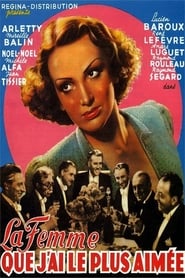 Claude is a young man whose...
Claude is a young man whose...The Woman I Loved the Most 1942
Claude is a young man whose girlfriend has just broken up with him. Feeling unable to overcome the pain, Claude has no other idea than to end his life. Back home, he finds five middle-aged or elderly men sitting at the dinner table but he refuses to join the guests and goes upstairs to his bedroom. The worst is prevented thanks to a servant who has caught sight of Claude's revolver. Claude 's uncle joins his nephew and manages to persuade him not to take action. He takes him downstairs to the dining room where each in turn, the five guests start telling their own story. For it happens that they too once had their heart broken and that they too once wanted to die for love.
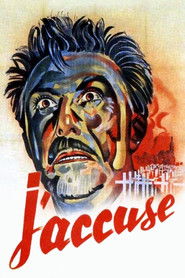 After serving in the trenches of...
After serving in the trenches of...I Accuse 1938
After serving in the trenches of World War I, Jean Diaz recoils with such horror that he renounces love and personal pleasure to immerse himself in scientific research, seeking a machine to prevent war. He thinks he has succeeded, but the government subverts his discovery, and Europe slides with seeming inevitability toward World War II. In desperation, Diaz summons the ghosts of the war dead from the graves and fields of France to give silent, accusing protest.
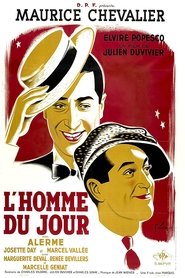 Alfred Boulard a goodnatured electrician gives...
Alfred Boulard a goodnatured electrician gives...The Man of the Day 1937
Alfred Boulard, a good-natured electrician, gives his blood to save Mona Thalia, a great theater actress. Mona Thalia survives and Boulard becomes the man of the hour. Grateful to him, Mona helps Alfred to become a singing star. But his fame will be short-lived.

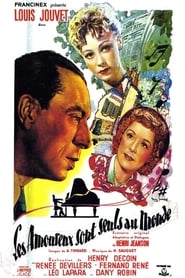 A beautiful young pianist falls for...
A beautiful young pianist falls for...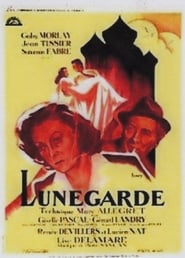 A drifting woman hangs out in...
A drifting woman hangs out in...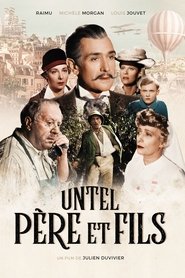 The story of how the people...
The story of how the people...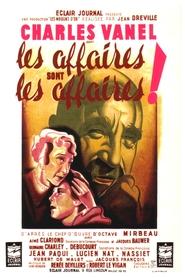 Isidore Lechat is a ruthless selfmade...
Isidore Lechat is a ruthless selfmade...